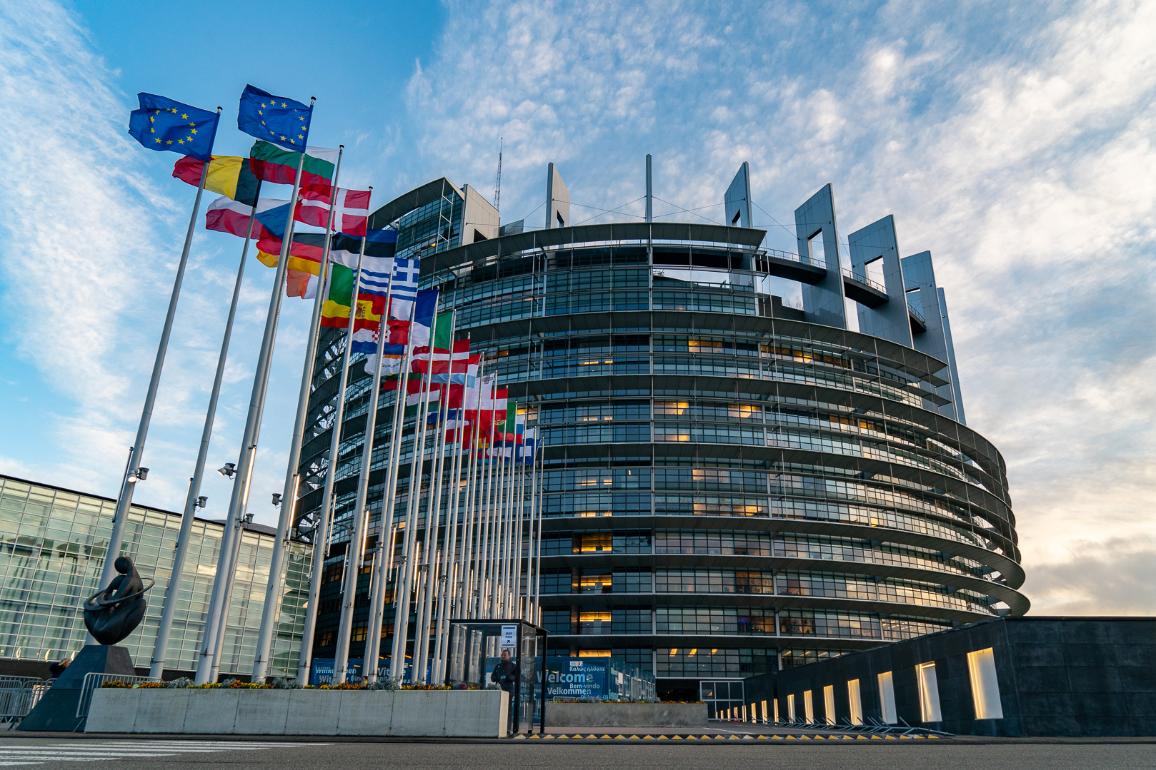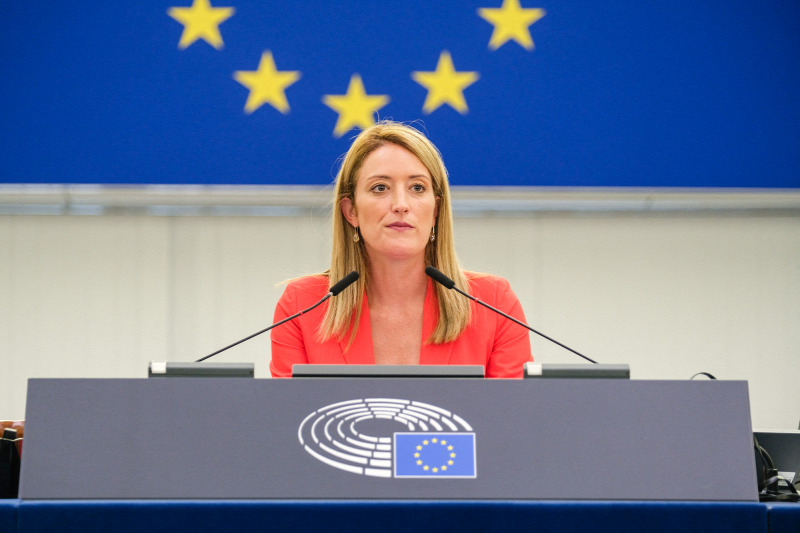
Hypocritical Brussels demands transparency, but fails to apply it to itself
When it comes to guarding against corruption, for the European Parliament it’s one standard for everybody else, and another for the members of the chamber itself, Politico writes. The issue of applying double standards has emerged once again, this time in connection with Brussels' latest corruption scandal. However, this comes as no surprise: while Brusselites have been increasingly vocal about demanding transparency from member states, they refused to publicly declare their assets.
When it comes to guarding against corruption, for the European Parliament it’s one standard for everybody else, and another for the members of the chamber itself, Politico writes in its article. The Brussels paper highlights that
now, as the shockwaves of the Qatargate scandal appear to be subsiding, the European Parliament appears bent on making sure that its cozy relationship with what one lawmaker described as the EU’s „petty, everyday corruption cases” will emerge unscathed, and that the blowback is contained to a small circle of individuals and doesn’t threaten business as usual.
„There’ve been smaller scandals and smaller reforms, but there’s never been a moment when the future of the institution itself was in peril because of the nature and the size of the scandal,” Transparency International EU Director Michiel Van Hulten told Politico. Van Hulten found it praiseworthy that European Parliament President Roberta Metsola is planning a string of serious internal reforms. However, he noted that „this is a kind of a make-or-break moment,” and if Ms Metsola „sticks her neck out and is willing to make some enemies, including within her own party,” the EP could see real change. If not, he continued, „It’s hard to see how anything meaningful” will happen.

EP President Robertsa Metsola speaks of serious internal reforms, but how many will line up behind these remains to be seen
However, the EP’s history doesn’t offer too much reason for hope, Politico points out.
Before the last European Parliament election in 2019, the EP adopted a set of transparency rules with much fanfare. Within these, the most significant paragraph – a requirement for committee chairs and rapporteurs to disclose their meetings with interest groups – was adopted by secret ballot, with an anonymous grouping of 220 MEPs voting against it.
An even bigger cohort voted against a paragraph that urged — but did not require — all MEPs to refuse to meet with lobbyists not listed in the Transparency Register, an online database of lobbyists.
Once adopted, however, the rules weren’t enforced.
Officially, the European Parliament agreed to bar interest groups not listed in the database from entering its premises, and yet, Fight Impunity, the NGO headed by Pier Antonio Panzeri, the former MEP at the heart of the scandal, was able to present reports in the EP and even team up with the in-house think tank, despite the fact that it had never signed up to the register.
„It is very critical to have not only strong rules but the same rules covering all the EU institutions and not to allow for any exemptions,” Commission President Ursula von der Leyen said days after the Qatargate scandal erupted.
Apparently, however, a large number of MEPs do not support the tightening of rules.

In a statement issued on Wednesday, Rainer Wieland – the EP’s German vice-president – backed a review of the existing rules to make sure that similar scandals could be avoided going forward.
“However, what is also clear to me is that we do not need more of what could not prevent the current scandal,”
he said, suggesting that decision-makers should wait and let Belgian authorities conclude their investigation first.
Mr Wieland is perhaps the most visible and unabashed defender of the Parliament’s autonomy, but he’s far from alone in his skepticism about the need for an ethics overhaul. During her campaign to replace Eva Kaili, the Greek socialist MEP held in custody on corruption charges, EP VP Gwendoline Delbos-Corfield said she had approached the S&D and Renew groups for a debate about anti-graft reforms.
But no one showed any interest.
The EP’s general response was that „this is just a few bad apples. The scandal will pass and we can carry on as before”
the MEP recalled.
According to Delbos-Corfield, resistance to change was widespread, but it was particularly ingrained in some members of AFCO (the EU’s Committee on Constitutional Affairs), which is tasked with implementing changes to Parliament’s procedures. “In their view, there can be no constraints on lawmakers. So they refuse anything that is binding,” she said.
Brussels’ double standard comes as little surprise
As V4NA reported earlier, Brusselites are becoming increasingly vocal in their demands for transparency from member states without having to account for their own assets in public.
Apart from the fact that in this way, one of the EU’s most frequently voiced principles is not implemented inside the Brussels bubble, the laxity of the rules means that Brussels may be a hotbed of corruption. The recent corruption scandal involving Brussels only serves as further evidence to that.
Members of the Brussels elite can choose to keep to themselves facts such as where, when and how many real estates (immovables) and movables they have acquired during their term. Nor do they have to disclose their various investments, bonds and savings. In their declarations, they only need to indicate their sources of any additional income, on top of their wages coming from EU institutions.

The most vocal advocates of transparency – for example Guy Verhofstadt, the leader of the liberal ALDE group, or European People’s Party group leader Manfred Weber – have failed to disclose their assets publicly.
Brussels’ double standards were also evident when the body heavily criticised the Hungarian politicians’ current asset declaration scheme.
In June Mate Kocsis, the parliamentary group leader of Hungary’s ruling Fidesz party, said that „the Hungarian asset declaration system has been criticised for many years and decades, so regardless of whether these criticisms are justified or not, it is worth changing it.
Unfortunately, Brussels’ double standard against Hungary is part of our everyday life, so the best way to avoid this seems to be to incorporate the rules used in the EP into Hungarian law word for word. The same system is used in Germany, for example, so perhaps – at least in this area – international disputes can be avoided.”
he added.
Brussels bureaucrats, however, made a clown of themselves yet again, because
after Hungary had adopted the EU’s asset declaration system, decision-makers in Brussels began to urge a return to the former Hungarian rules.
In other words: they repeatedly proved the point that – as Politico puts it – for the European Parliament it’s one standard for everybody else, and another for the members of the chamber itself.
Tags:

